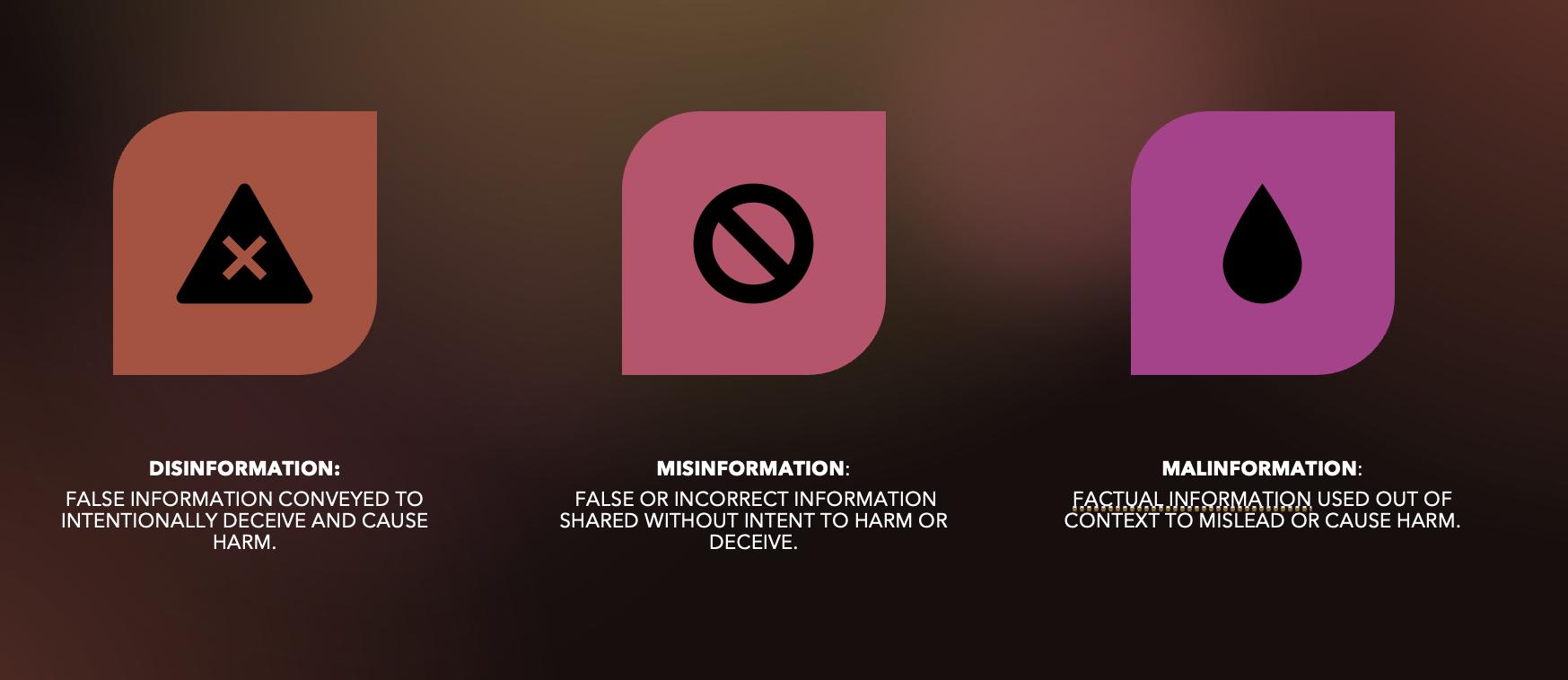
4 minute read
The Global Digital Information Regulatory Perspective
Overview of the Crises
Throughout the 116th and 117th Congresses, the United States was not alone in dealing with the global shocks of the pandemic, polarization, and the outsized role large U.S. technology companies had on governance, democratic institutions, the economy, and information systems. During that period, as the pandemic swept across the globe, many other countries pursued regulations and established new governance institutions to help address societal harms created by the rapid spread of false information and to address other issues with emerging technologies.
Regulating technology and information presents unique challenges for every country, often with a trade-off between encouraging innovation and protecting the public. European privacy regulations are ambitious and they have effective privacy protecting institutions, but apart from Germany’s SAP Software Solutions, European countries have failed to incubate any major competitors to U.S. technology companies or their mostly self-made founders. It is also not fully clear if the current regulatory frameworks or institutions in European countries are any less threatened by trends in democratic decline.1
China, which has successfully developed large technology competitors, has recently taken aggressive regulatory steps to reign in its emerging technology companies and entrepreneurs including regulating algorithms with the stated intent of ensuring they do not exacerbate harms to society. They have also established a department committed to ensuring data privacy and innovation and have aggressively attempted to set global standards following the United States’ implementation of the extraterritorial Clarifying Lawful Overseas Use of Data Act (CLOUD Act) of 2017, which allowed U.S. law enforcement to demand access to data wherever it resides. China’s regulatory institutions are forward leaning in their scope and design, but given China’s record on surveillance and
1 See the EIU Democracy Index for 2021. https://www.eiu.com/n/campaigns/democracy-index-2021/?utm_ source=economist&utm_medium=daily_chart&utm_campaign=democracy-index-2021
suppression of democratic human rights, they do not necessarily create a “better” internet experience or protect the rights and privacy of users.
Other countries have also taken aggressive steps to thwart the digital information crisis -- the rapid expansion and increase of misinformation, malinformation, and disinformation-- which was exacerbated by the spread of Covid-19. Technology-enabled disinformation or misleading information production and distribution became so prevalent during the pandemic that in March 2020 the World Health Organization published a definition for the portmanteau “infodemic” (originally coined by David Rothkopf in 2003) to describe rapidly spreading medical misinformation and disinformation on a global scale. In 2020, 17 countries passed new laws against “online misinformation” or “fake information,” primarily led by censorious, authoritarian states like Russia, the Philippines, and Nicaragua.
Figure 1. The Digital Information Crisis
The digital information crisis, which has played a role in every other emergency, has been a focal point for Congress in its recent legislative efforts to address technology and societal harms, as well as national security threats. Information distribution technologies, particularly those created by the large social media technology companies, have been blamed for radicalizing domestic and international terrorists, facilitating genocide, enabling human trafficking, facilitating digital surveillance and privacy violations, contributing to a mental health crisis in children, worsening a global health crisis, suppressing journalism and dissidents, digital red-lining, investing and other financial scams, fraudulent political and
public relations marketing, and facilitating state actor attacks on elections and democratic institutions, among other harms.2
The regulatory optimism and laissez-faire attitude with which Congress approached technology companies in the preceding decades has been replaced by an urgency to reign in the power of technology companies and thwart their negative impacts on society. Although technology regulation has covered everything from artificial intelligence to self-driving cars, to antitrust efforts, much of the regulatory efforts during the 116th and 117th Congresses have focused on disinformation, misinformation, and Section 230 of the Communication and Decency Act.
Between 2017 and 2022, there have been 267 general hearings in the House and the Senate that mentioned disinformation and technology. In 2019 alone, 90 hearings in the House of Representatives and 27 in the Senate noted both disinformation and technology. Since 2017, there have been 24 hearings that have mentioned “interactive computer services,” the legal definition for a social media technology company. During the current 117th Congress, 39 bills have been introduced that would have some impact on social media technology companies.
The following report documents how Congress has historically approached disinformation, and how its current efforts have shifted away from focusing on authoritarian governments and disinformation, and toward the business practices and technologies of large social media companies. This analysis briefly mentions problems with some of the current regulatory attempts to rein in “Big Tech” without first establishing privacy guarantees or considering the impact of such legislation on vulnerable communities. It also notes that recent legislation often includes competing goals for the country’s strategic interests and its posture toward state actors that weaponize information and would prefer a decline in our technical capabilities.
2 See Anthony Nadler, Matthew Crain, Joan Donovan, “Weaponizing the Digital Influence Machine,” Data and Society, 2018. https://www.datasociety.net/wp-content/uploads/2018/10/DS_Digital_Influence_ Machine.pdf. Throuvala, Griffiths, M. D., Rennoldson, M., & Kuss, D. J. (2021). Perceived Challenges and Online Harms from Social Media Use on a Severity Continuum: A Qualitative Psychological Stakeholder Perspective. International Journal of Environmental Research and Public Health, 18(6), 3227. https://doi. org/10.3390/ijerph18063227. Yamamoto, & Kushin, M. J. (2014). More Harm Than Good? Online Media Use and Political Disaffection Among College Students in the 2008 Election. Journal of Computer-Mediated Communication, 19(3), 430–445. https://doi.org/10.1111/jcc4.12046





